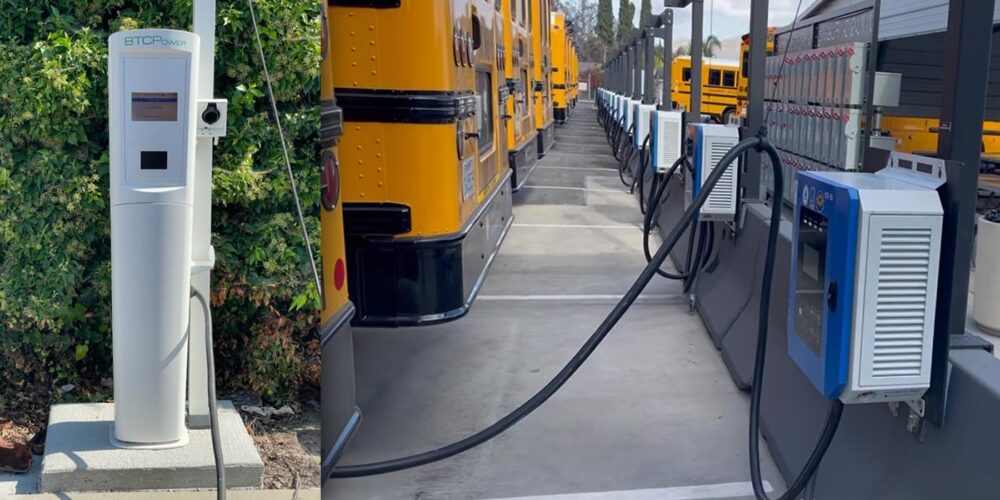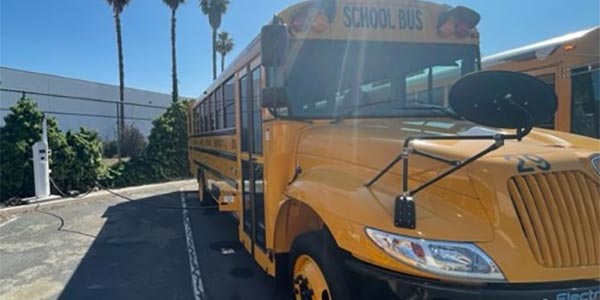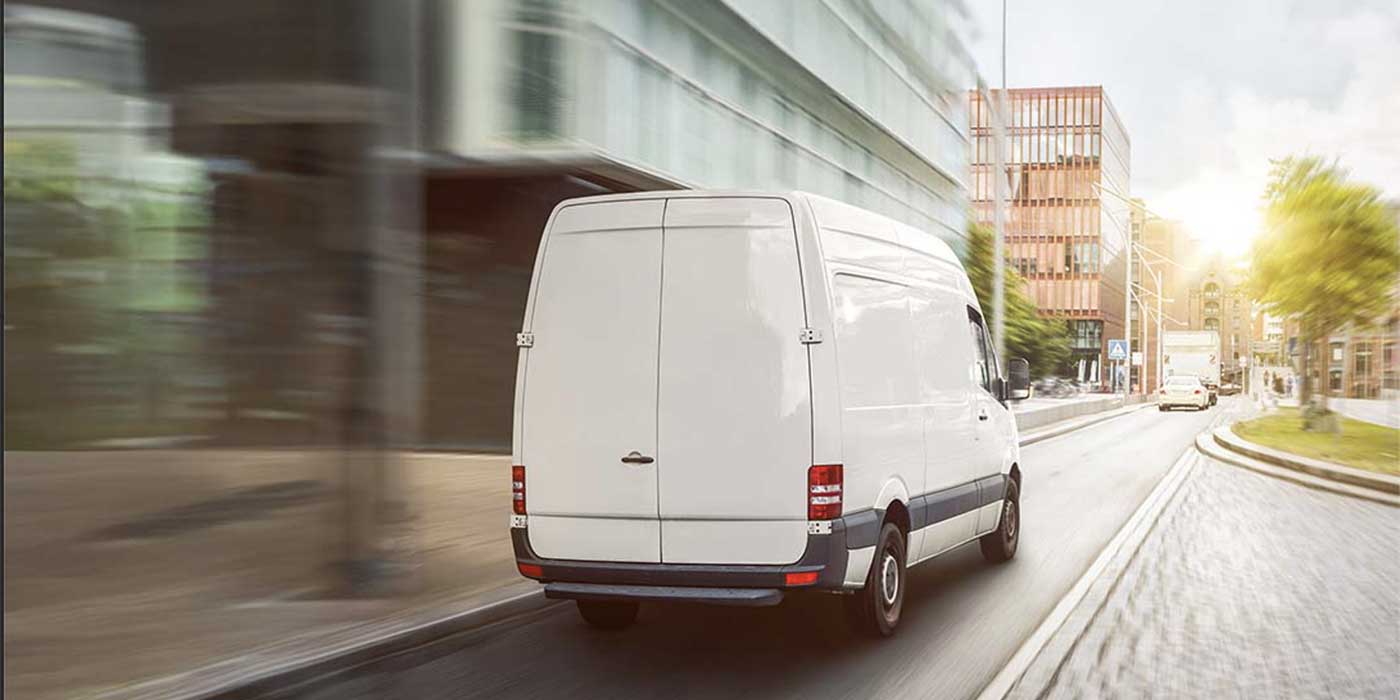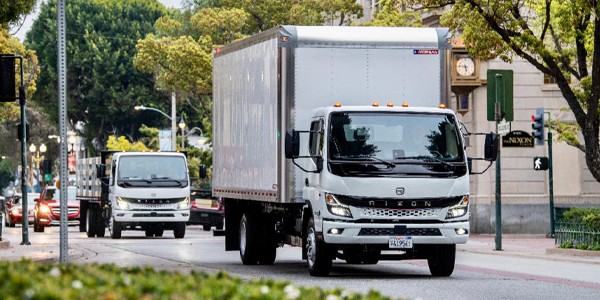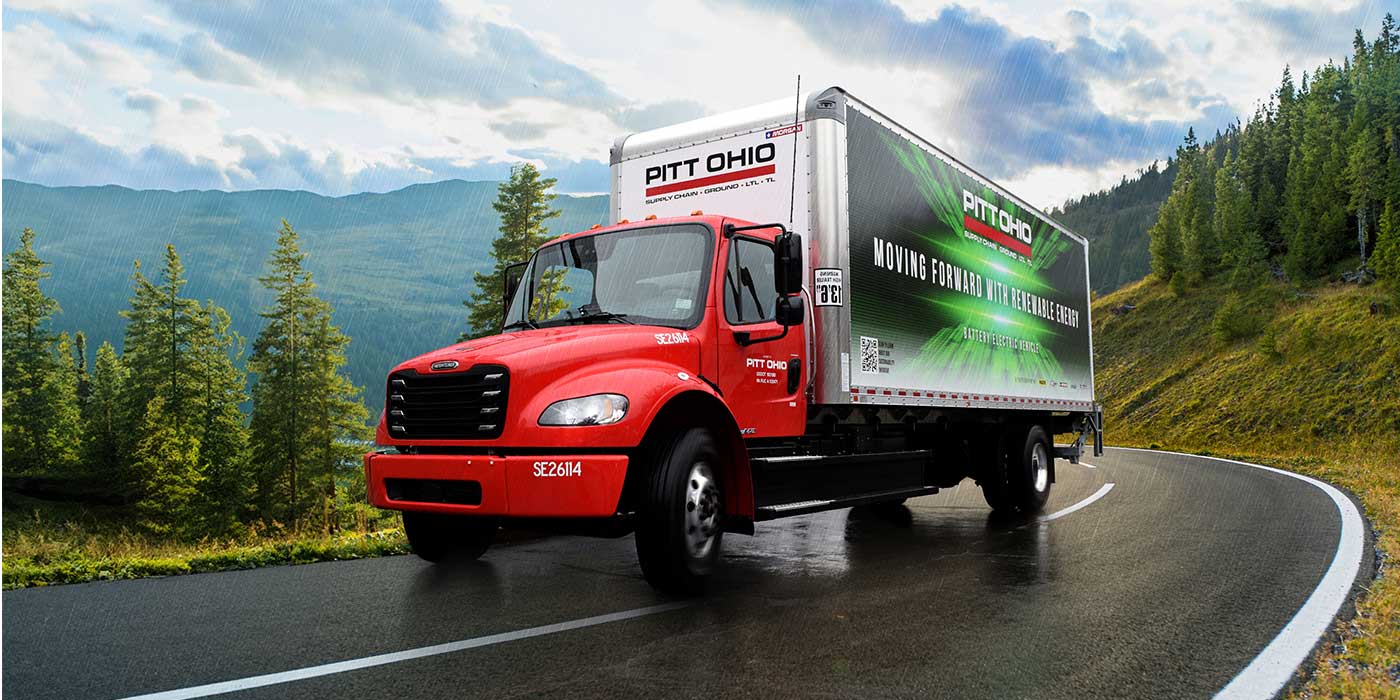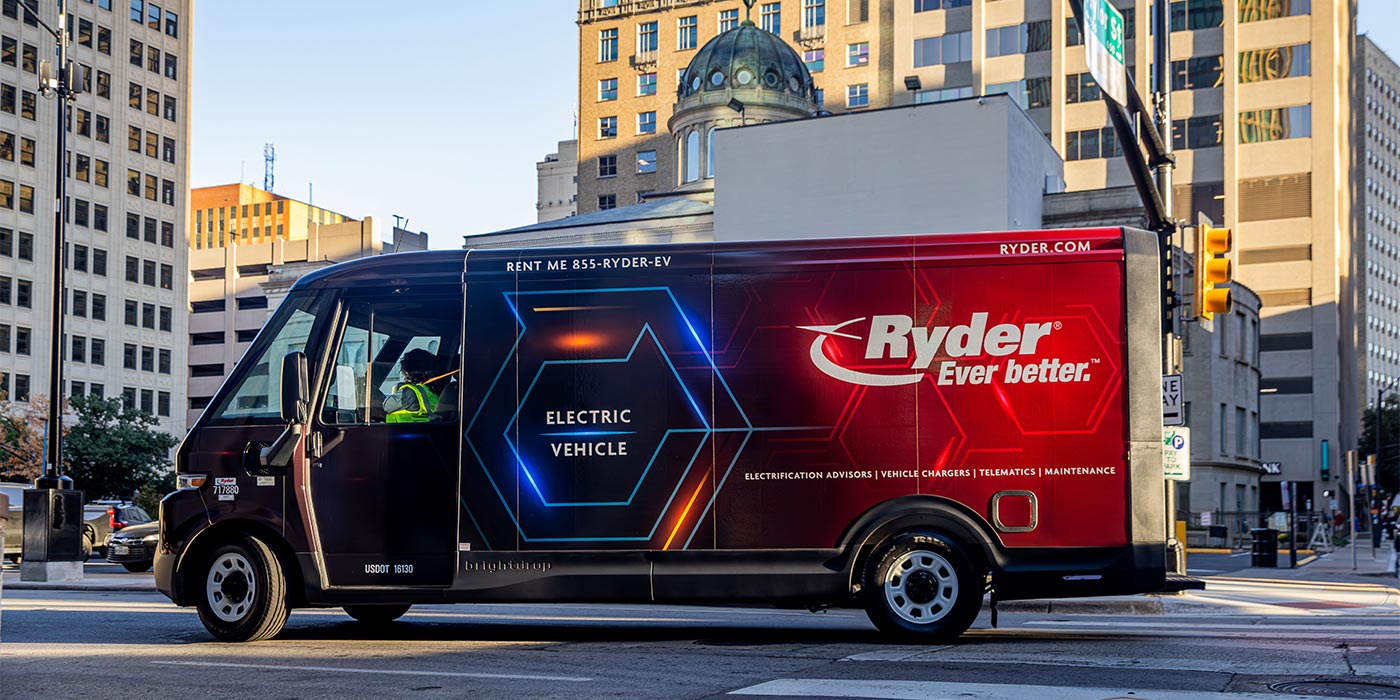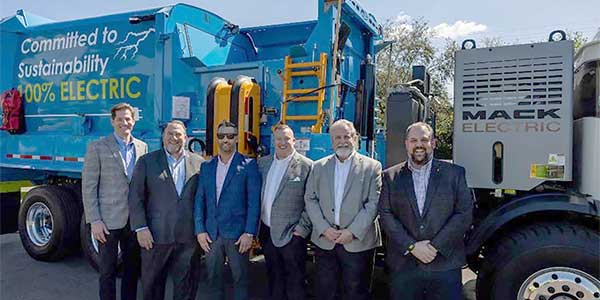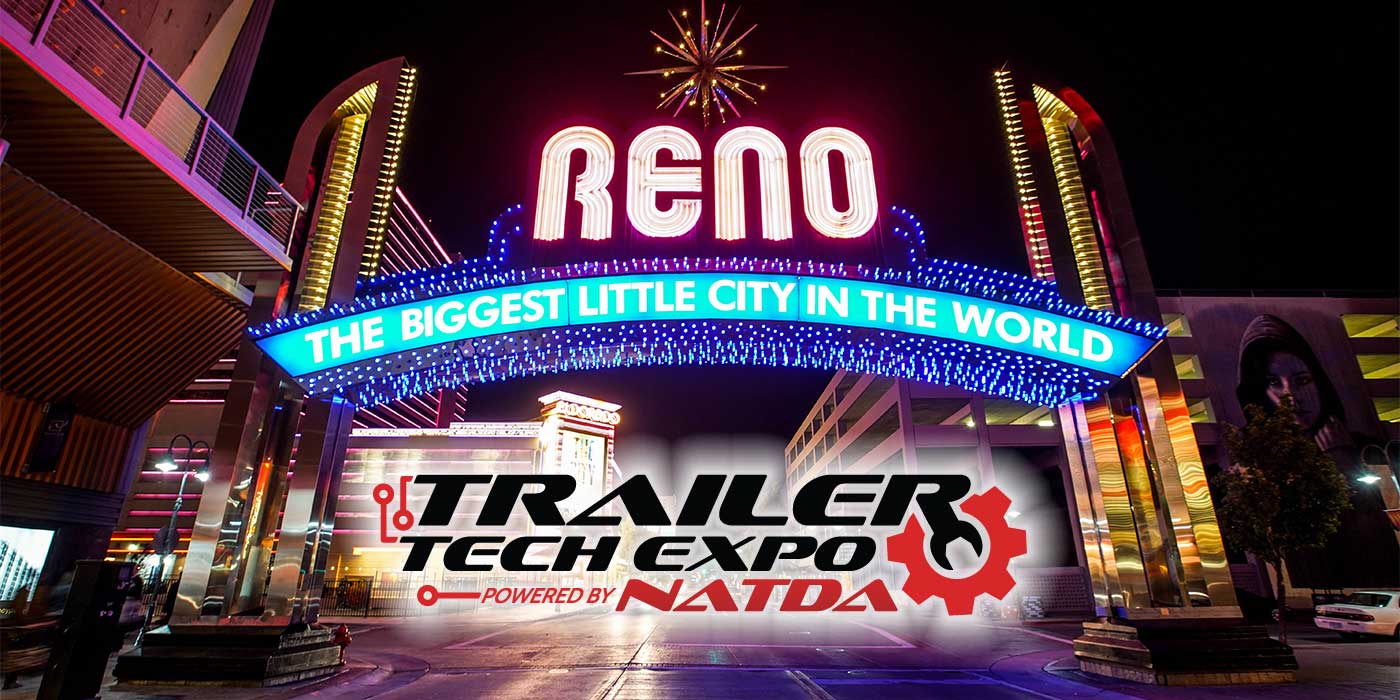It’s a scene that takes place across the U.S. every day. Fleets of school buses pick up and drop off students carrying backpacks full of homework. So, it’s probably not a coincidence that when the Moorpark Unified School District (MUSD) was considering deploying battery electric school buses that Denise Berrington did her homework as well.
“Before acquiring our first battery electric school bus, we conducted thorough research,” Berrington, the director of maintenance, operations and transportation at MUSD, said. “For example, we evaluated the upfront cost of the buses, possible savings in maintenance and repair expenses over the projected lifespan of the vehicles, and any infrastructure requirements. Those are all factors that should be included in measuring a return on the school district’s investment.
“We also sought insights from bus drivers who had experience with different models to gather firsthand their impressions and evaluations,” Berrington added. “Additionally, we considered the duration of each manufacturer’s presence in the industry, and their level of investment in the electric vehicle sector.”
Covering the significantly higher cost of the electric buses compared to diesel models— more than twice as much— was a major consideration for MUSD. To offset the added expense, Berrington reported, the district used grant funding, including $3.7 million from the California Air Resources Board (CARB) and two grants each worth up to $405,000 from the North Coast Unified Air Quality Management District.
In 2018, the CARB mandated that 60% of school bus fleets in California become energy efficient by 2040. Last year, it set aside $130 million to provide electric buses in small or medium air districts, defined by monitoring local air quality. The North Coast Unified Air Quality Management District also offers grants as part of its rural school bus pilot program. For each grant, the air quality district will scrap one of the school district’s diesel buses for free.
“Thanks to successful grant applications, the cost of all of our battery electric buses is fully covered,” Berrington stated. “The oldest bus in our fleet is 32 years old and we have eight buses that are 20 years or older, but now we can retire older diesel models and have a new fleet at absolutely no cost.”
Moorpark Unified School District is a public school district based in Ventura County, California, located about 50 miles northwest of Los Angeles. The student transportation fleet at MUSD consists of 17 buses and six passenger vans.
The MUSD fleet operation has ten daily school bus routes covering an average of 105,000 miles yearly in rural agricultural and suburban areas. Each school day, the buses transport 450 students, of which 71 are considered special needs. In the past school year, the fleet also completed over 400 field trips for the district, and another 45 trips for outside schools that do not have transportation departments.
“We also did the math on the potential savings in fuel expenses based on anticipated mileage and by calculating the cost of electricity needed to charge the buses compared to traditional fuel prices,” Berrington explained. “We determined that it would cost about $5,000 per year to charge the buses. By comparison, the district spends $8,500 per year on diesel fuel to keep a regular bus running.”
Charging system needs for the MUSD’s electric bus fleet are also coming at no cost and will generate savings as well. In particular, the first phase of the district’s infrastructure plan was covered in full by a grant from the Carl Moyer Memorial Air Quality Standards Attainment Program and the next phase will be covered in part by the HVIP Small School Set Aside program, which provides infrastructure funding support for award recipients of the HVIP grant.
The existing charger at MUSD is a BTC Charging system and the fleet will be installing In-Charge ICE-30 DC Fast Chargers for its remaining electric buses. “Our bus yard and offices are on a former manufacturing site, so we have sufficient power to charge electric vehicles without needing an electrical upgrade from Southern California Edison to accommodate charging units,” Berrington explained.
“In addition, the buses have a smart charging system that will charge them at off-peak hours when utility rates are low, and we expect that to generate nearly $5,000 in rebates annually,” Berrington also related. “Furthermore, the district is planning to go solar and charge the buses off-grid.”
Overall, MUSD will have 13 IC Bus electric CE Series school buses in its operation this year. With the 150-mile operating range of the electric buses, the district will retain its remaining diesel buses for long-distance use.
In April 2022, MUSD placed its first electric bus in service and the vehicle has run daily since then without experiencing a single issue. Currently joining the fleet as well are several IC Bus CE Series versions, including nine 72-passenger, one 52-passenger, and two 42-passenger, wheelchair equipped models. All the buses are air conditioned and are equipped with back-up cameras and Wi-Fi for students.
Since the electric buses have joined the MUSD fleet, the operation’s staff has been adjusting positively to them.
“To be honest, in the beginning, not all of our school bus drivers had the same level of enthusiasm for electric buses,” Berrington related. “Some drivers were initially worried about needing to adjust their driving habits and concerned about the range of the vehicles. However, as experience with the electric buses increased, the drivers are recognizing their benefits and are increasingly excited about this cleaner and more sustainable form of transportation.”
Mechanics at MUSD are getting used to the electric buses as well. “We have three very talented in-house mechanics and we’re actively seeking training opportunities for them,” Berrington said. “They recently attended electric bus training that was arranged through Creative Bus Sales and in July they will be attending the CASTO Mechanics and Maintenance Workshop and Tradeshow in Truckee, California, where there will be classes on EV bus technical training and maintenance.
“Our mechanics are provided with appropriate PPE when working on the electric buses, including insulated gloves, safety goggles, non-conductive footwear, and insulated tools,” Berrington added. “One thing that has also made the transition from working on diesel buses easier is that IC Bus has maintained the identical wiring configuration for both types of vehicles. With a familiar, consistent wiring setup there is a sense of familiarity for mechanics.”
While moving ahead with the electric bus fleet transition plan at MUSD, Berrington acknowledged that a challenge remains in overcoming public perceptions and generating acceptance among passengers, operators, and other stakeholders. Educating the public about the environmental benefits, reduced noise pollution, and improved air quality associated with electric buses, she noted, will help build support and encourage broader adoption.
“MUSD is committed to reducing our carbon footprint to help improve local air quality and contribute to a cleaner and healthier environment for students, communities, and drivers,” Berrington said. “Making a transition to electric buses is the right choice and the smart choice. That’s why our objective in the long term is to transition not only our school buses but our entire maintenance and grounds fleet to EVs.”

